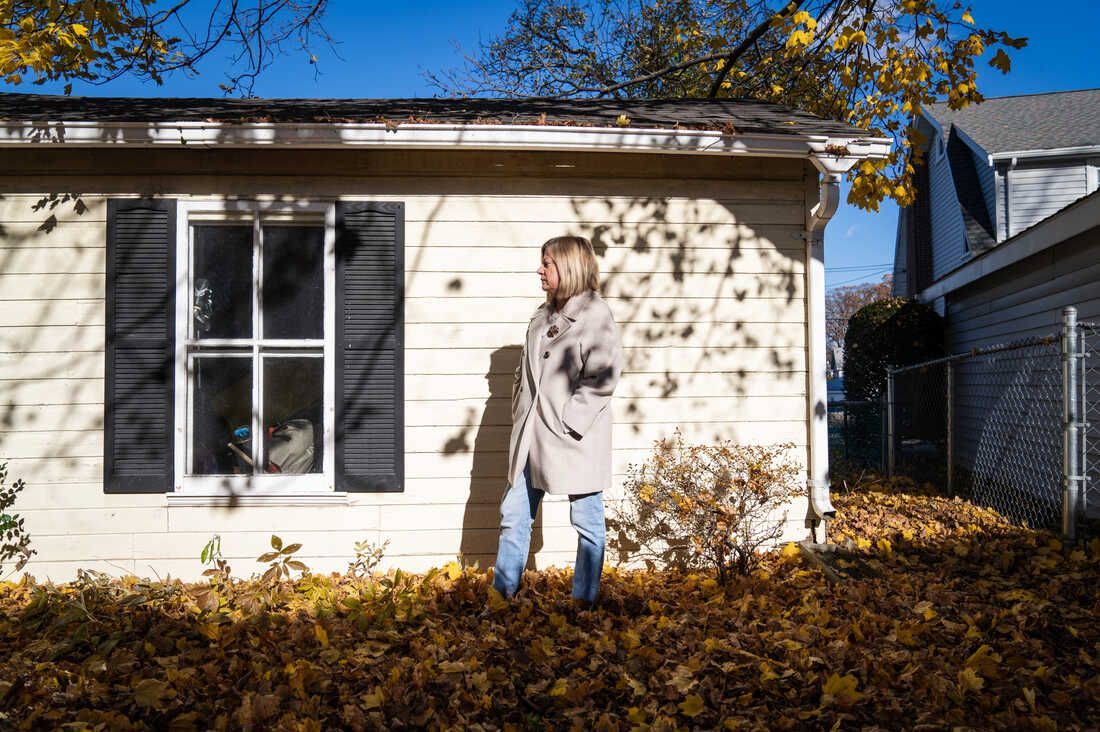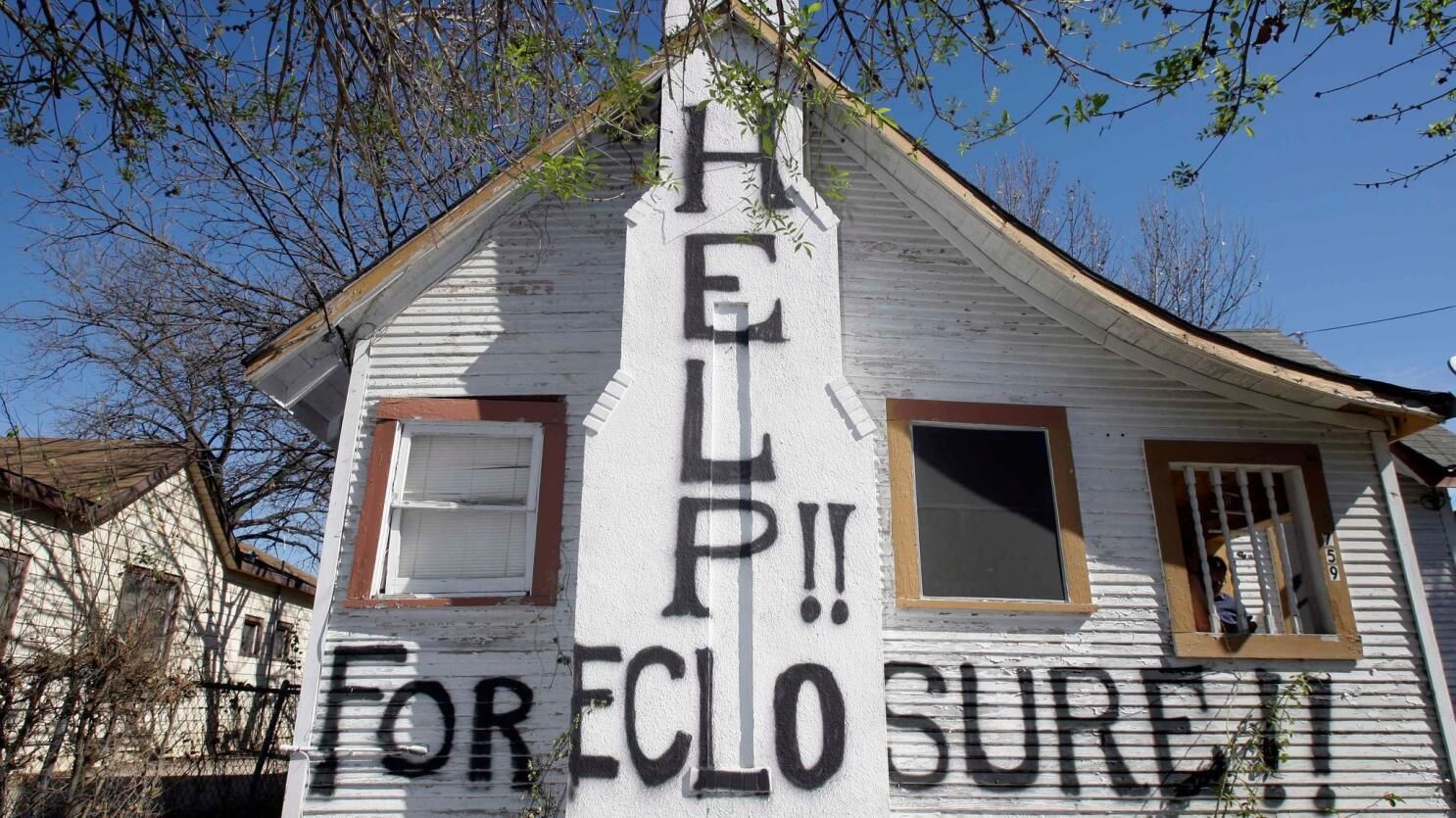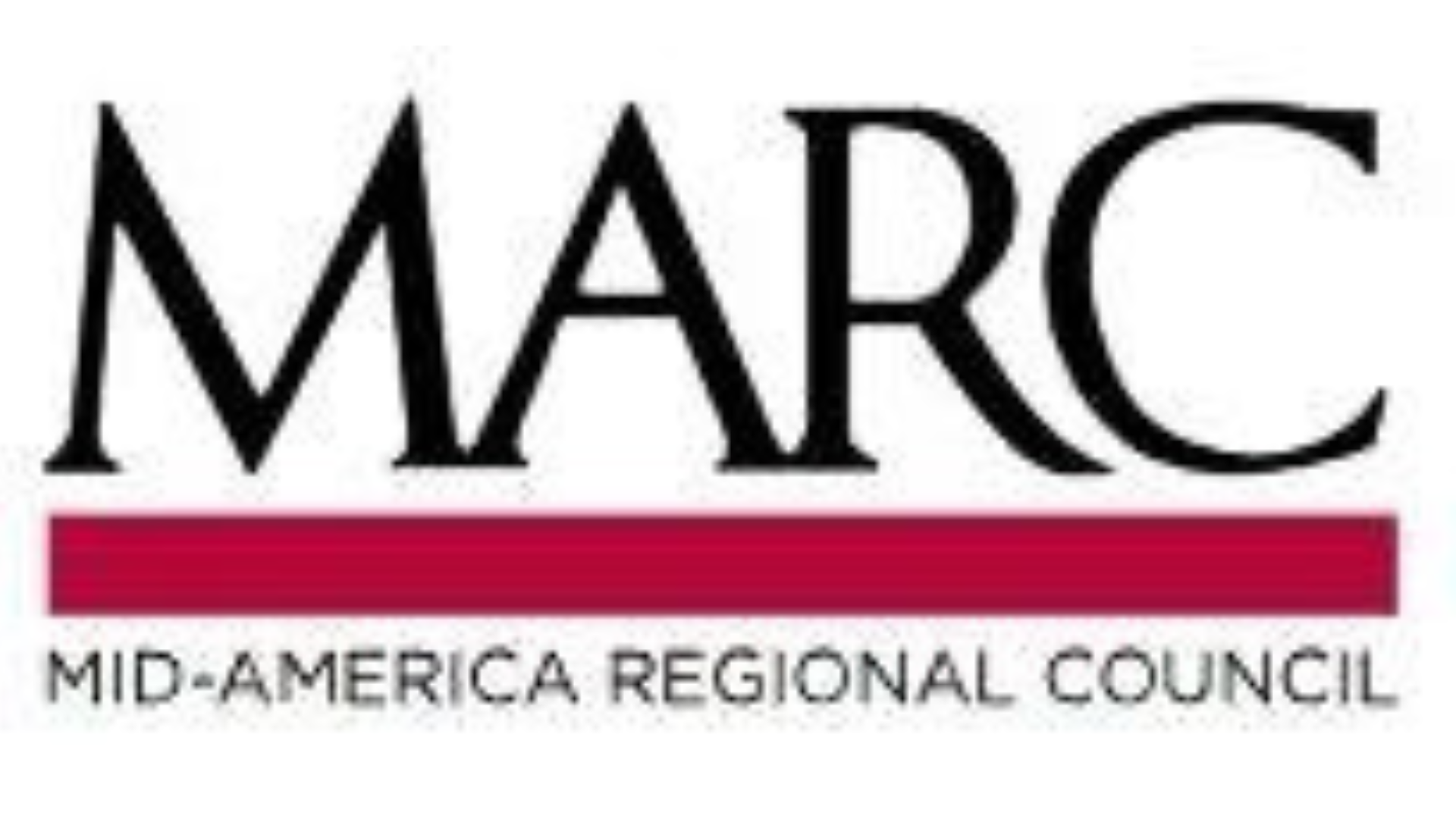How to Locate a Deceased Loved One’s Trust or Will & What to Do Next

Losing a loved one is an emotional and overwhelming experience, and sorting through their trust, will, and estate can add to the stress. Many families struggle to locate important documents or navigate the probate process, especially when real estate is involved. If you’re unsure where to start, this guide will help you track down your loved one’s estate documents, understand your next steps, and explore your options for selling a house in probate.
Where to Look for a Trust or Will
If your loved one created a trust or will, it’s important to locate the original documents as soon as possible. Here are some common places to check:
- Safe deposit box – If your loved one had a safe deposit box at their bank, it may contain their trust, will, or other estate planning documents. You may need a court order or proof of executorship to access it.
- Home files or a personal safe – Many people keep their estate planning documents in a home office, filing cabinet, or personal safe.
- Attorney’s office – If they worked with an estate planning attorney, the law firm may have a copy on file.
- Executor or trustee – If a trustee or executor was named, they should have a copy or know where it is stored.
- County records – Some individuals file their will with the probate court or record it with the local county clerk’s office.
What Happens if You Can’t Find the Will or Trust?
If you’ve searched everywhere and cannot find the trust or will, your loved one’s estate may need to go through intestate probate, meaning the state will determine how assets are distributed according to local laws. This process can take time, so it’s essential to work with a probate attorney or legal professional for guidance.
How Probate Works & What It Means for Selling a House
If your loved one owned real estate and their property wasn’t placed in a living trust, the home will likely go through probate before it can be sold. Here’s what to expect:
- Open a probate case – The executor (or a court-appointed representative) must open probate with the county court.
- Obtain court approval to sell the home – Depending on state laws, you may need a court order before selling the home.
- Settle outstanding debts – Any liens, unpaid taxes, or mortgage balances must be addressed before the sale.
- Sell the home as-is or list the home for sale – Once probate approval is granted, the home can be sold to anyone as-is or listed if in good enough shape. The proceeds are distributed according to the estate plan.
If you need help selling a house in probate, Family Shepherd specializes in buying houses quickly for cash, shepherding your family through all the legal and financial hurdles, so you don’t have to.

Get Trusted Help for Probate, Trusts, and Estate Planning
Navigating the probate process, managing a trust or will, and selling a deceased loved one’s house can feel overwhelming, but you don’t have to do it alone. Family Shepherd has trusted resources to connect you with probate attorneys, estate planners, and professionals who can help. If you need assistance with the house, we can guide you through a hassle-free home sale, so you can focus on what matters most.
If you have questions or need referrals to trusted estate professionals, reach out today—we’re happy to help!
Disclaimer: This article is for informational purposes only and is not intended to provide legal, financial, or tax advice. Every State has different laws, you can see Missouri's Code Here and Kansas's code here. Please consult with an attorney, financial advisor, or other qualified professional for guidance specific to your situation. Family Shepherd has trusted resources to connect you with probate attorneys, estate planners, and professionals who can help. If you need assistance, click here, and we’ll introduce you to those who we trust for probate.
Supporting the Senior Living Industry





Recent Helpful Articles









Quick Links
Our Location
ALL RIGHTS RESERVED | FAMILY SHEPHERD | PRIVACY POLICY







